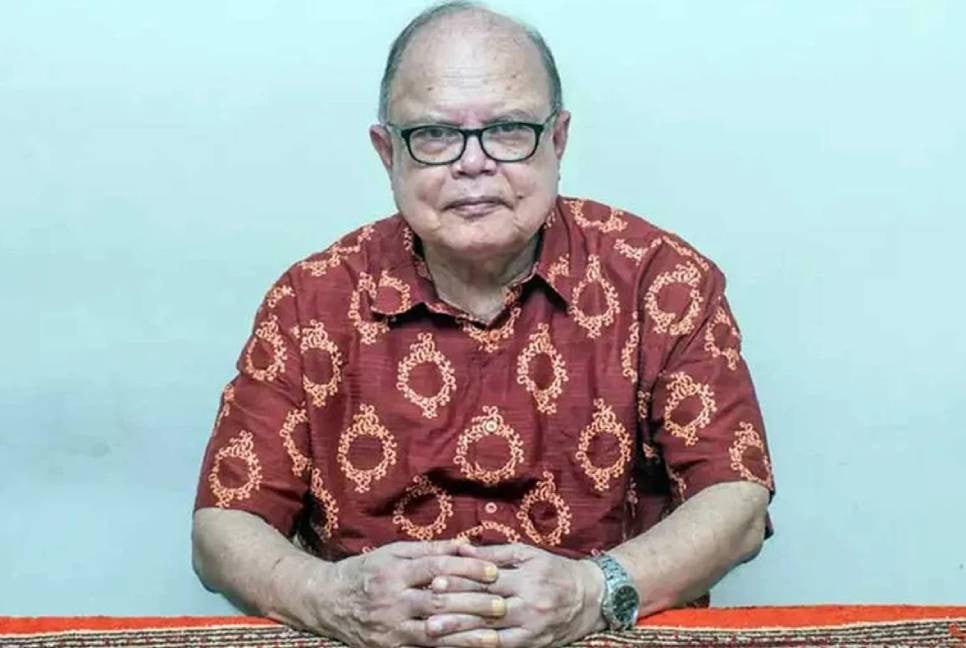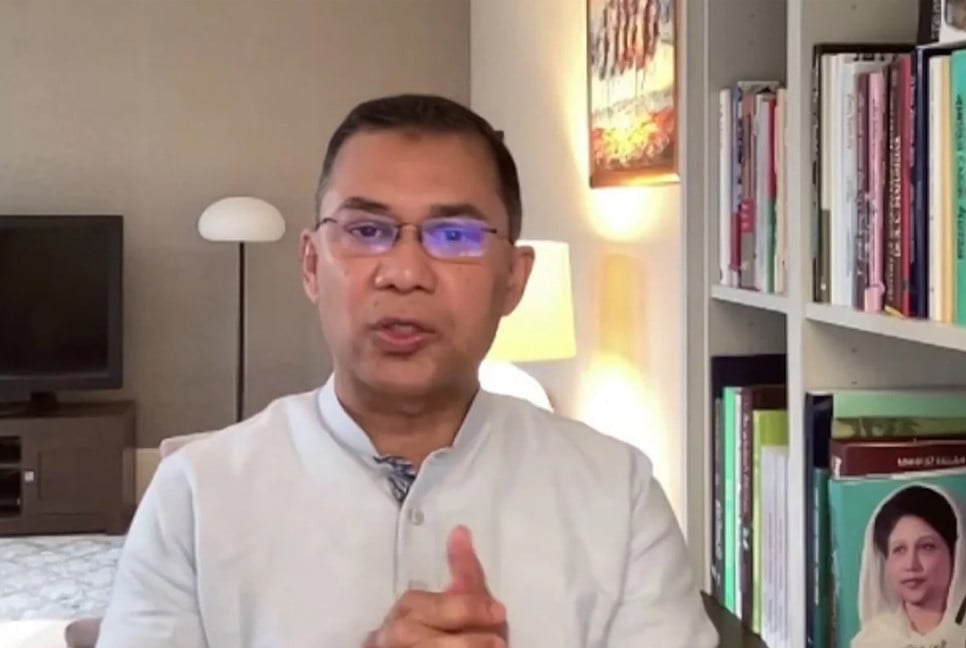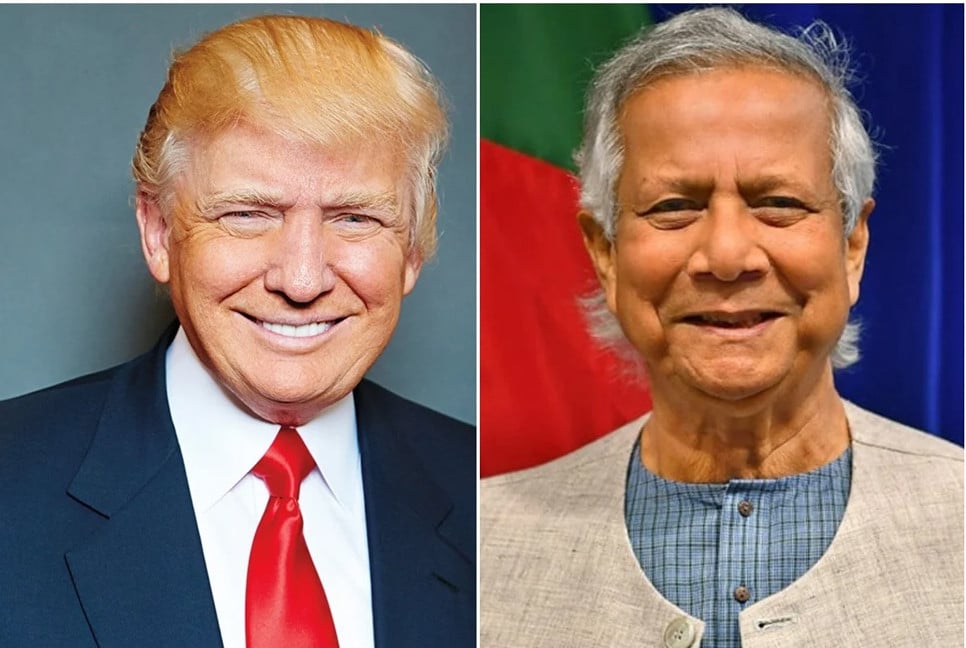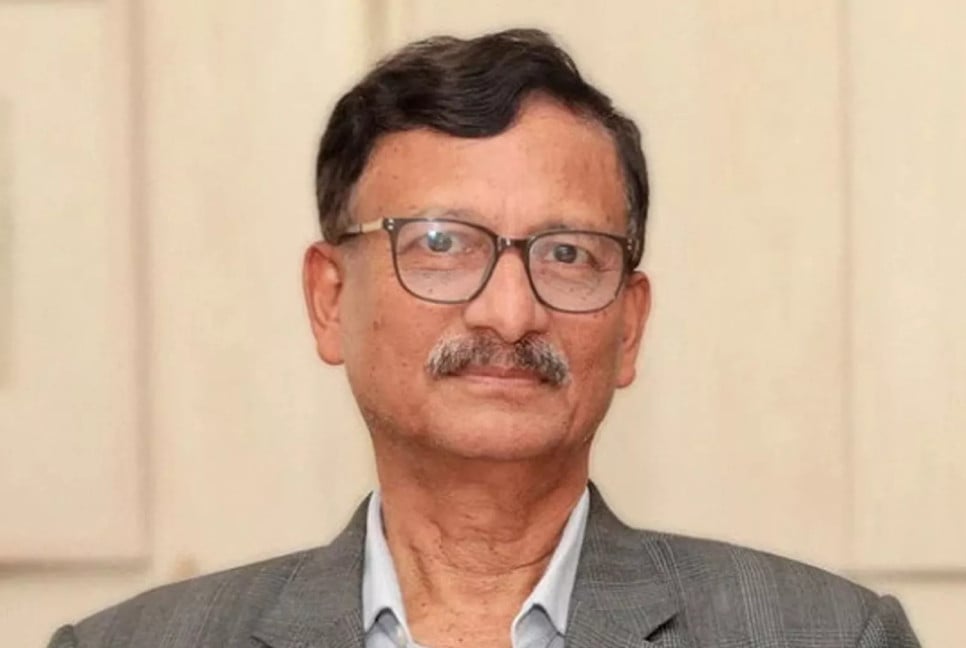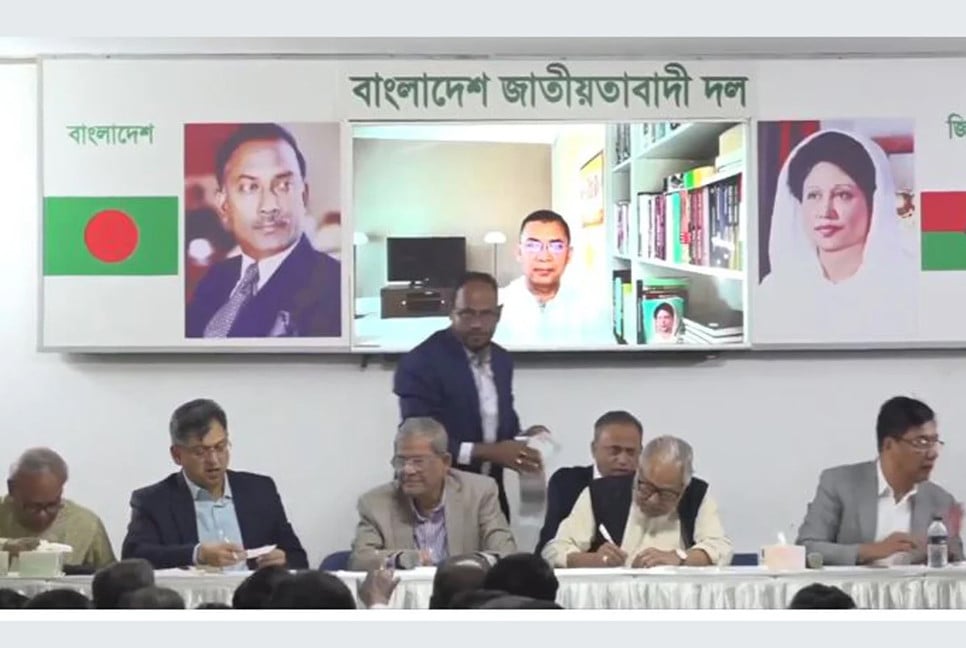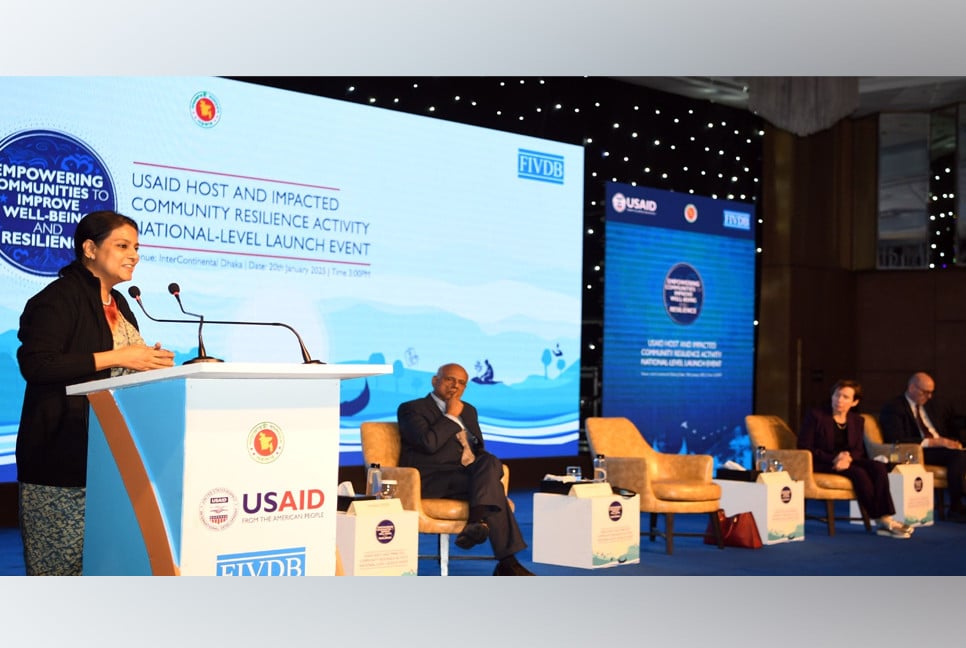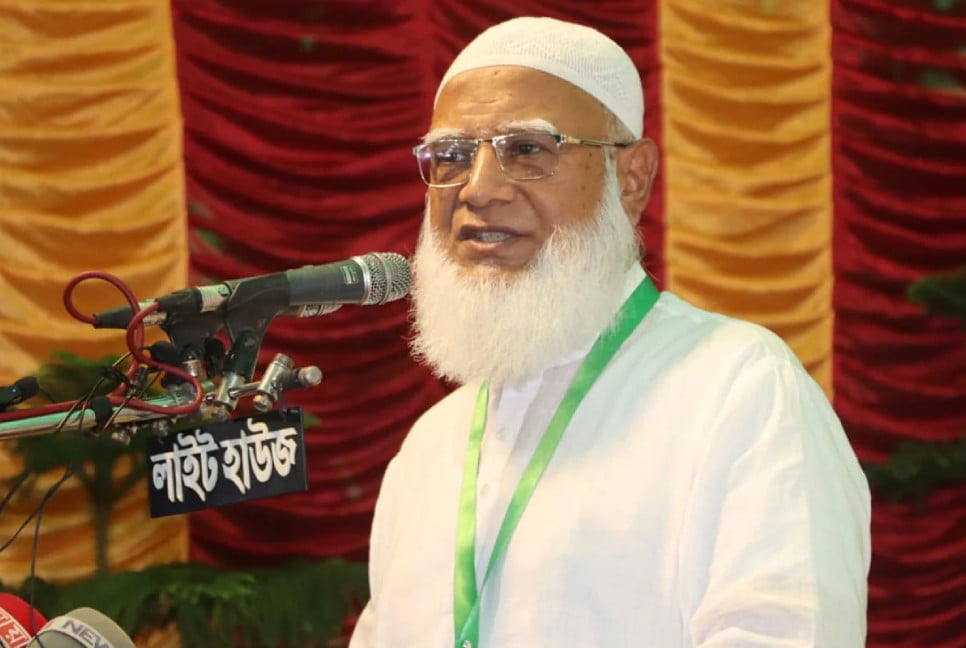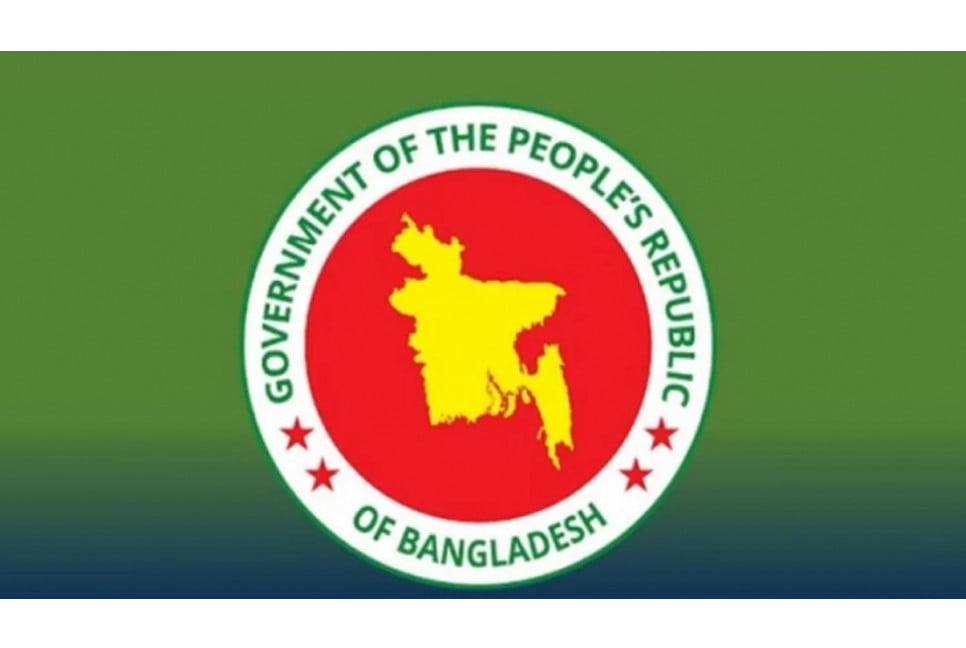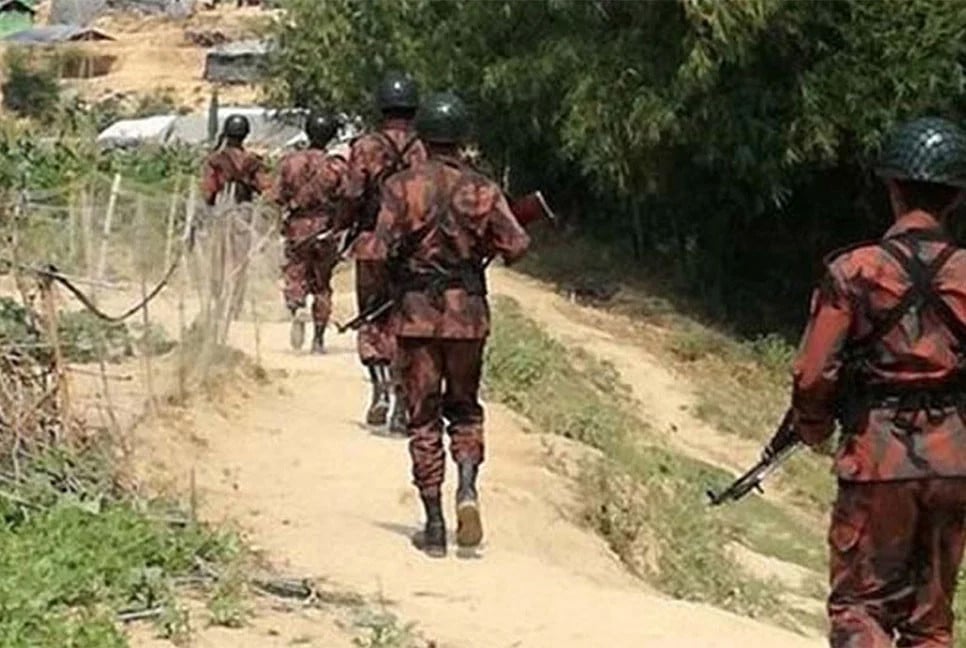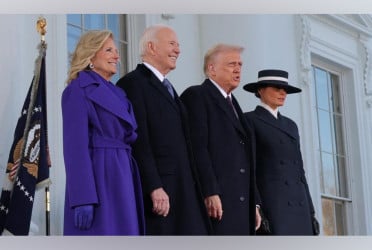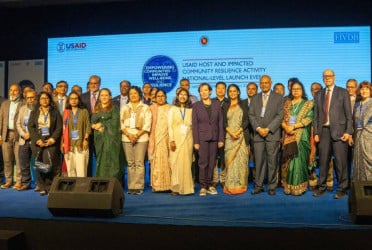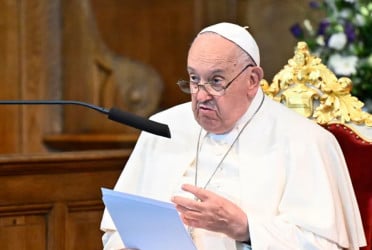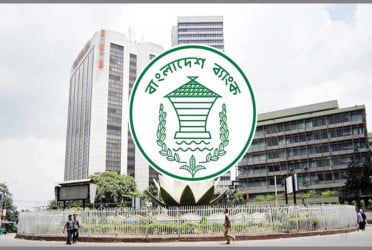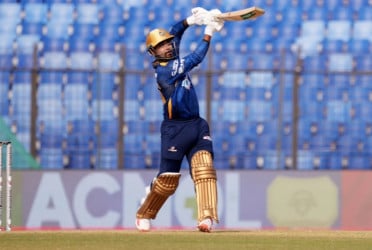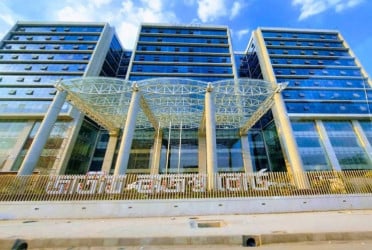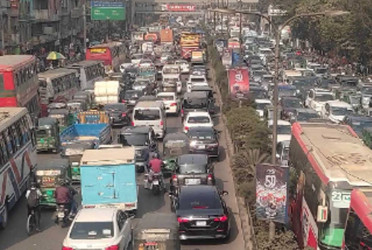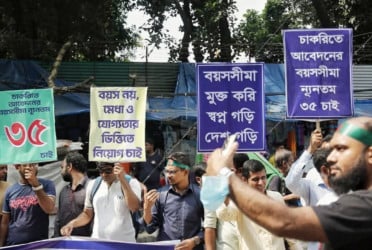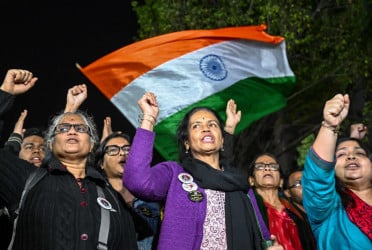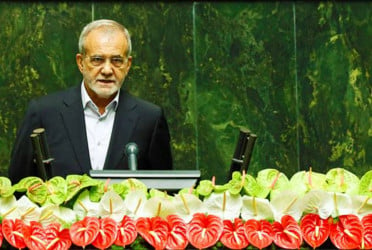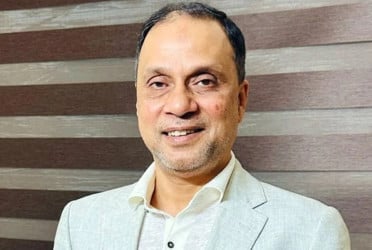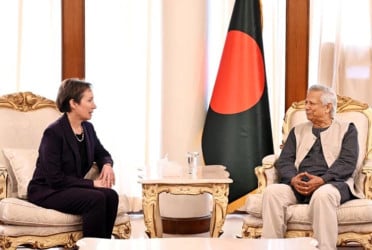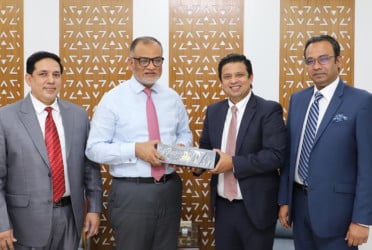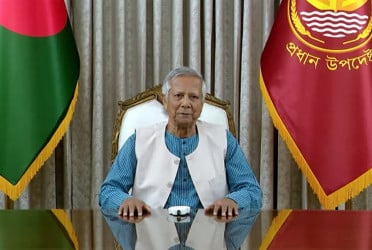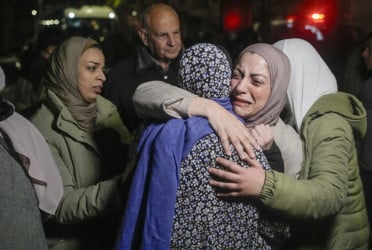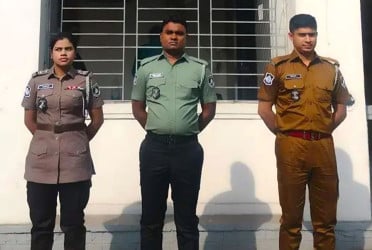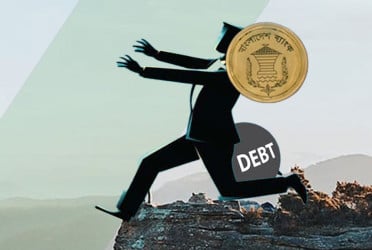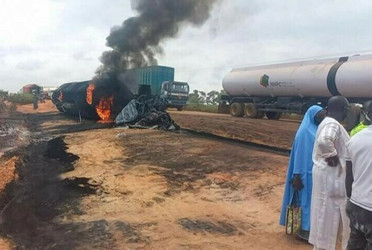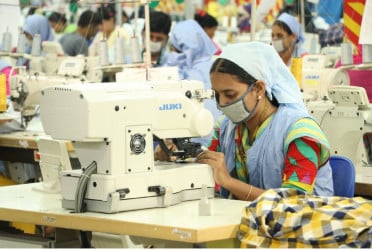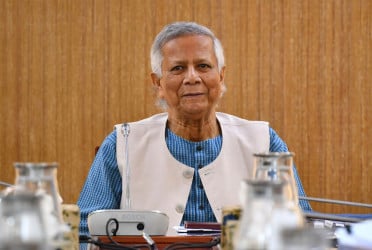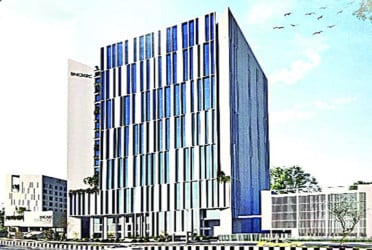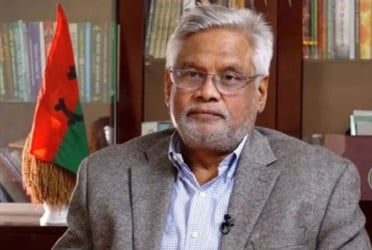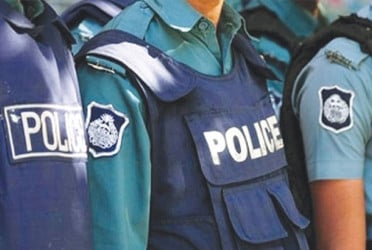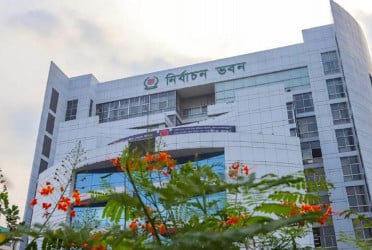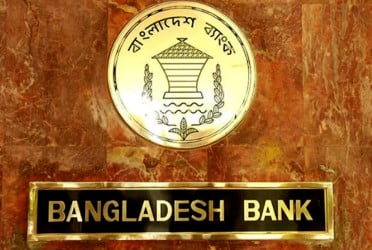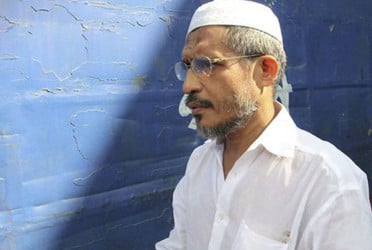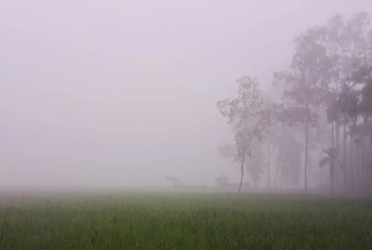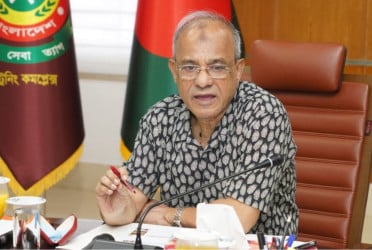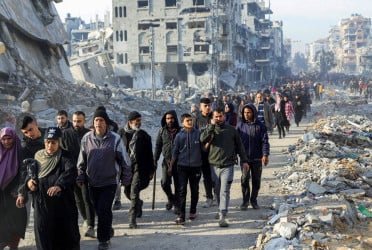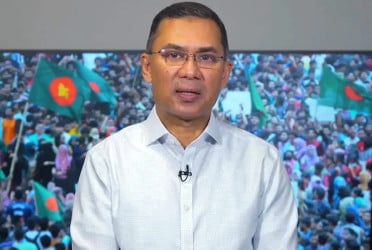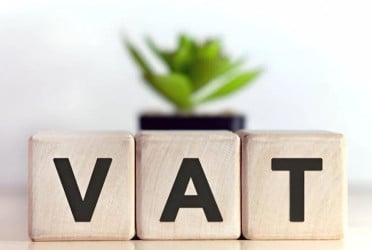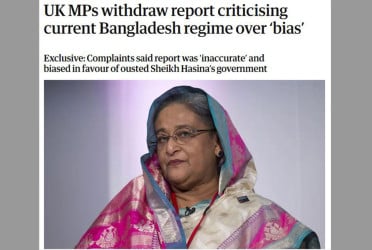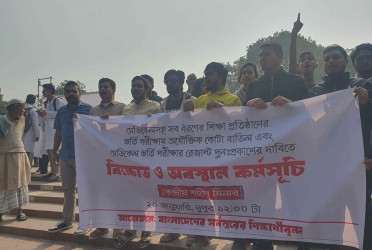UN Resident Coordinator Gwyn Lewis in Bangladesh on Tuesday said climate change is impacting Bangladesh’s economy and called for urgent steps to provide financial and technological support to most impacted countries like Bangladesh.
The data shows that from 2000 to 2019, Bangladesh suffered economic losses worth over $3.72 billion due extreme weather events linked to climate change, she said, touching on some of the areas of United Nations focus to support Bangladesh.
“This leads to another area of work that the UN is supporting in Bangladesh- supporting economic growth and LDC graduation,” she said adding “The growth of the economy in Bangladesh over the past twenty years has been extraordinary, as has been the reduction in poverty.”
Speaking at “DCAB Talk”, the flagship programme of the Diplomatic Correspondents Association, Bangladesh (DCAB), at Jatiya Press Club , she said before the Coronavirus hit the country, Bangladesh had been advancing at pace to qualify for graduation.
DCAB President Rezaul Karim Lotus and General Secretary AKM Moinuddin also spoke at the event.
Although the pandemic has been disruptive, Lewis said the economy remained on a positive track. However, the current food and fuel crisis generated by the war is also creating pressures and uncertainty, including for the markets for Bangladeshi goods overseas.
In this global climate, although there are benefits to graduation there are also risks, she observed.
“Graduation will enhance the confidence of the country in dealing with the international financial bodies, improve Bangladesh’s credit rating and attract higher foreign direct investment flow; however graduation will also affect certain preferential treatments in trade, subsidy to agriculture and access to some LDC-specific funds,” said the UNRC.
The risks need to be mitigated and this is where she hoped that the UN’s technical support can be useful.
“Further diversification is needed, greater efforts to attract foreign direct investment and efforts made to regulate in order to meet the requirements for trade agreements when Bangladesh reaches middle income status.”
In this context, she said the UN is working to support the government in the development of a Smooth Transition Strategy to do what is possible to make the transition as seamless as possible
Training of young people in IT and new technologies to make them better equipped for the future is one area where effort could be expanded. Another is the creation of new industries and continuing to make Digital Bangladesh a reality.
“I would also like to emphasise however, as important as LDC graduation is that Middle Income status is only a stepping stone. Ultimately the objective is achieving the sustainable development goals and to leave no one behind.”
Achieving the SDGs goes beyond economic growth and focuses on improving health and education and social protection and good governance, she added.
Gwyn Lewis said Bangladesh’s social indicators, such as gender equity, women empowerment, mortality rate, life expectancy, immunisation and access to water and sanitation have improved dramatically over the past 50 years.
Investments in social services however need to continue to grow with the growing population, and with the growing expectations of people who are living in a middle income country, she said.
Turning to ongoing COP 27, she said it comes at a time when South Asia is impacted in unprecedented ways by climate change whether it is the floods in Pakistan or in Sylhet and, Shunamganj Bangladesh or repeated cyclones in India and Bangladesh in recent years.
Unfortunately climate talks have been bogged down in politics and economic pressures, so we need to see more citizen action and listen to the voices of all people living in Bangladesh, particularly young people and women who are often excluded but also know what can help us save the planet.
Bd-pratidin English/Golam Rosul


